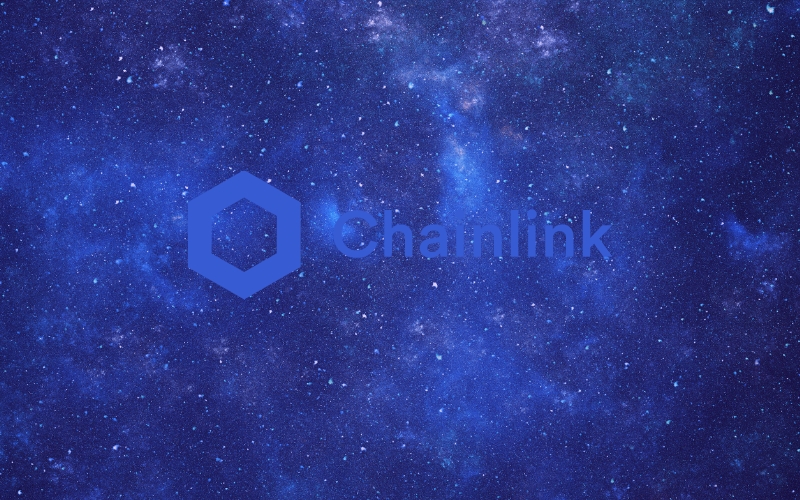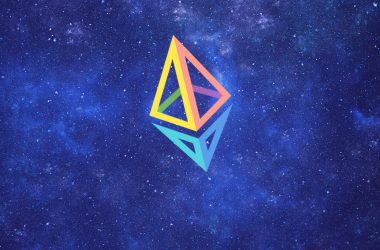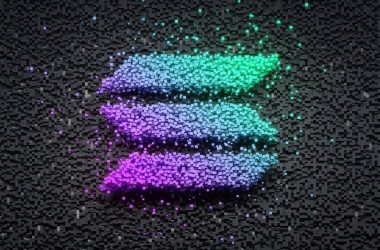- ChainLink aims to offer multi-chain deployment with its new toolset.
- ChainLink also offers low-latency tools for speed in Web3 apps.
- The ChainLink oracles and random numbers generator is a key feature for Web3.
ChainLink, which is one of the top resources for Web3 developers, is offering a new toolset for multi-chain Web3 apps. The ability to run on multiple blockchains offers games and apps the chance to find better token liquidity, and easier listing for their NFT. Currently, older and well-established chains sometimes offer better opportunities to tap value, while new faster chains offer in-game advantages.
ChainLink will now offer its own version of a programmable bridge for token wrapping and transfers.
A common bridge infrastructure is also a safety issue for Web3 projects, as bridge smart contracts are often attacked. ChainLink is offering a more tested version for all Web3 projects. The move is part of the ChainLink package of tools for onboarding Web3 developers with SDK.
The Cross-Chain Interoperability Protocol (CCIP) will be open source and accessible to all development teams.
ChainLink Builds for Web3 Speed and Low Latency
The main products of ChainLink remain the oracles for secure and verified data, as well as the verified random number generator. ChainLink partners with multiple games and NFT collections on using the random numbers for lucky draws, traits and other features.
Currently, ChainLink is also working on scalability features, making blockchain additions work as fast as regular Web2 internet speed. ChainLink is trying to offset decentralization with a low-latency oracle, thus avoiding lag in live apps. One of the tools from ChainLink are oracles that are used off-chain, and the final state of the system is later recorded on the blockchain. This avoids the problem of block time latency, block confirmations and general geographic delays.
ChainLink remains the basis for multiple DeFi apps as well, offering reliable pricing data. So far, ChainLink counts 77 major smart contracts reliant on its infrastructure.
The ChainLink Cross-Chain infrastructure helps Web3 developers to deploy a single instance of the app, which can function on multiple blockchains. This avoids the need to deploy the app separately on each chain. ChainLink notes demand for multi-chain apps, which synchronize and avoid errors with user balances.










